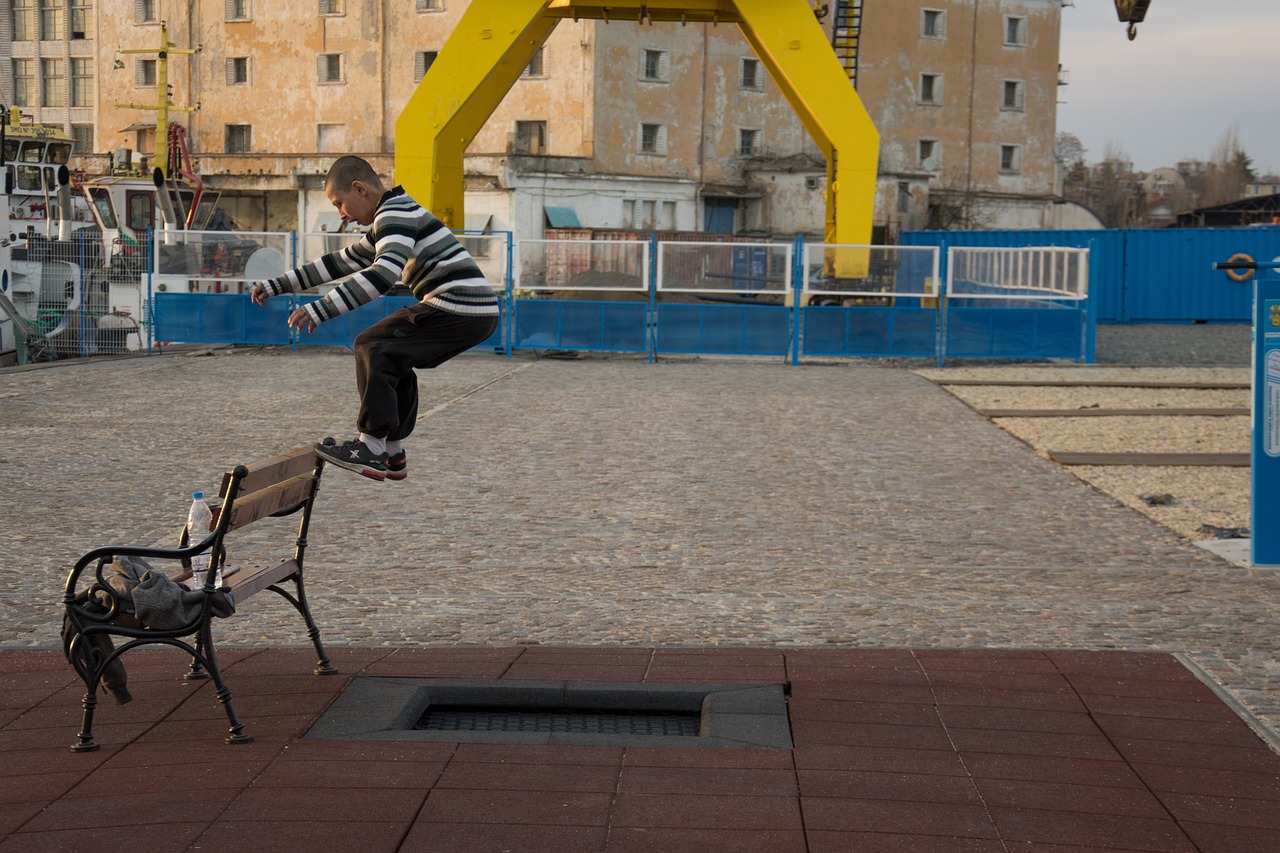Nephrology Customer Service: Providing Excellent Care to Kidney Patients: Laserbook 247 com, Lotus299 id, 11xplay reddy login
laserbook 247 com, lotus299 id, 11xplay reddy login: Pulmonary Manifestations of Renal Disorders: Diagnosis and Treatment
Renal disorders can have a profound impact on the lungs, leading to various pulmonary manifestations that require careful diagnosis and treatment. In this article, we will explore the relationship between kidney and lung health, as well as discuss the common symptoms, diagnostic methods, and treatment options for pulmonary manifestations of renal disorders.
The Link Between Kidney and Lung Health
The kidneys and lungs are closely interconnected organs, with dysfunction in one often leading to complications in the other. Renal disorders, such as chronic kidney disease (CKD) and acute kidney injury (AKI), can directly affect lung function through various mechanisms.
One of the most common pulmonary manifestations of renal disorders is pulmonary edema, which occurs when fluid accumulates in the lungs due to impaired kidney function. This can lead to symptoms such as shortness of breath, coughing, and wheezing, and if left untreated, can progress to acute respiratory distress syndrome (ARDS).
Other respiratory complications of renal disorders include pleural effusions, pulmonary hypertension, and uremic lung, a condition characterized by fibrosis and inflammation in the lungs. These pulmonary manifestations can significantly impact the quality of life and prognosis of patients with kidney disease.
Diagnosis of Pulmonary Manifestations
Diagnosing pulmonary manifestations of renal disorders can be challenging, as the symptoms can be nonspecific and overlap with other respiratory conditions. However, healthcare providers can use a combination of clinical assessment, imaging studies, and pulmonary function tests to accurately diagnose these complications.
Chest X-rays and CT scans are commonly used to evaluate pulmonary edema, pleural effusions, and other lung abnormalities in patients with renal disorders. Pulmonary function tests, such as spirometry and arterial blood gas analysis, can provide valuable information about lung function and the severity of respiratory impairment.
In some cases, bronchoscopy and lung biopsy may be necessary to assess the extent of lung damage and rule out other underlying conditions. Healthcare providers will also evaluate renal function through blood tests and urine analysis to determine the underlying cause of pulmonary manifestations.
Treatment Options for Pulmonary Manifestations
The treatment of pulmonary manifestations of renal disorders aims to relieve symptoms, improve lung function, and address the underlying kidney dysfunction. In cases of pulmonary edema, diuretics are often prescribed to reduce fluid buildup in the lungs and improve breathing.
For patients with pulmonary hypertension secondary to renal disorders, vasodilator medications and oxygen therapy may be recommended to decrease pulmonary artery pressure and improve oxygenation. Pleural effusions may require drainage procedures, such as thoracentesis or chest tube placement, to alleviate symptoms and prevent complications.
In severe cases of uremic lung, corticosteroids and immunosuppressive therapy may be necessary to reduce inflammation and fibrosis in the lungs. Dialysis or kidney transplantation may also be considered for patients with end-stage renal disease to improve overall renal function and alleviate respiratory symptoms.
FAQs
1. What are the common symptoms of pulmonary manifestations in renal disorders?
Common symptoms include shortness of breath, coughing, wheezing, chest pain, and exercise intolerance.
2. How are pulmonary manifestations of renal disorders diagnosed?
Diagnostic methods include chest X-rays, CT scans, pulmonary function tests, bronchoscopy, and blood tests to evaluate lung and kidney function.
3. What are the treatment options for pulmonary manifestations?
Treatment may include diuretics, oxygen therapy, vasodilators, drainage procedures, corticosteroids, and dialysis or kidney transplantation.
4. Can pulmonary manifestations of renal disorders be reversed?
With prompt diagnosis and appropriate treatment, the prognosis for pulmonary manifestations of renal disorders can be improved, although the extent of reversibility depends on the severity of lung and kidney damage.
In conclusion, pulmonary manifestations of renal disorders can have significant implications for patient health and require timely diagnosis and treatment. By understanding the link between kidney and lung health, healthcare providers can effectively manage these complications and improve outcomes for patients with renal disease. If you experience respiratory symptoms in the context of kidney dysfunction, consult your healthcare provider for further evaluation and management.







